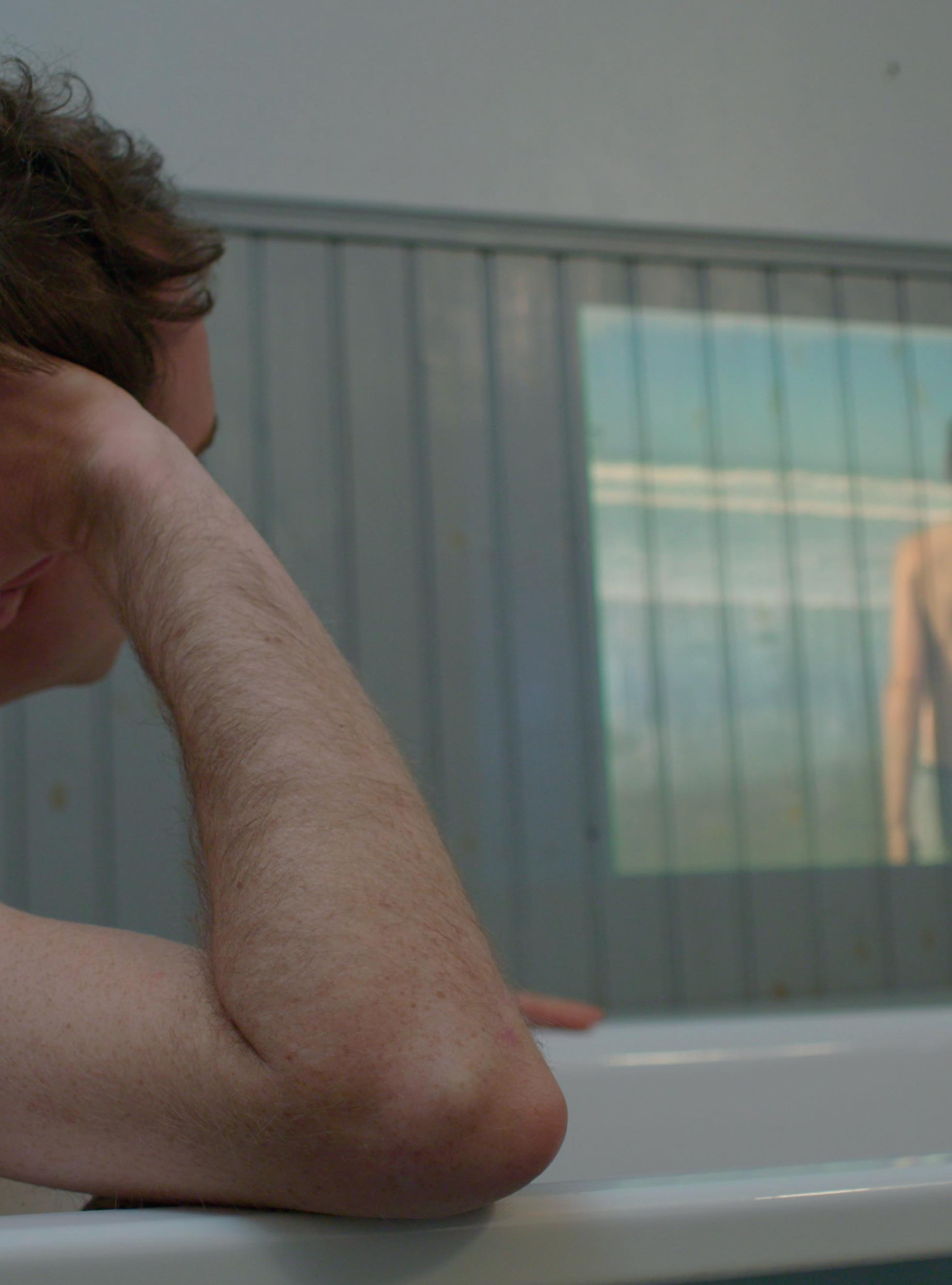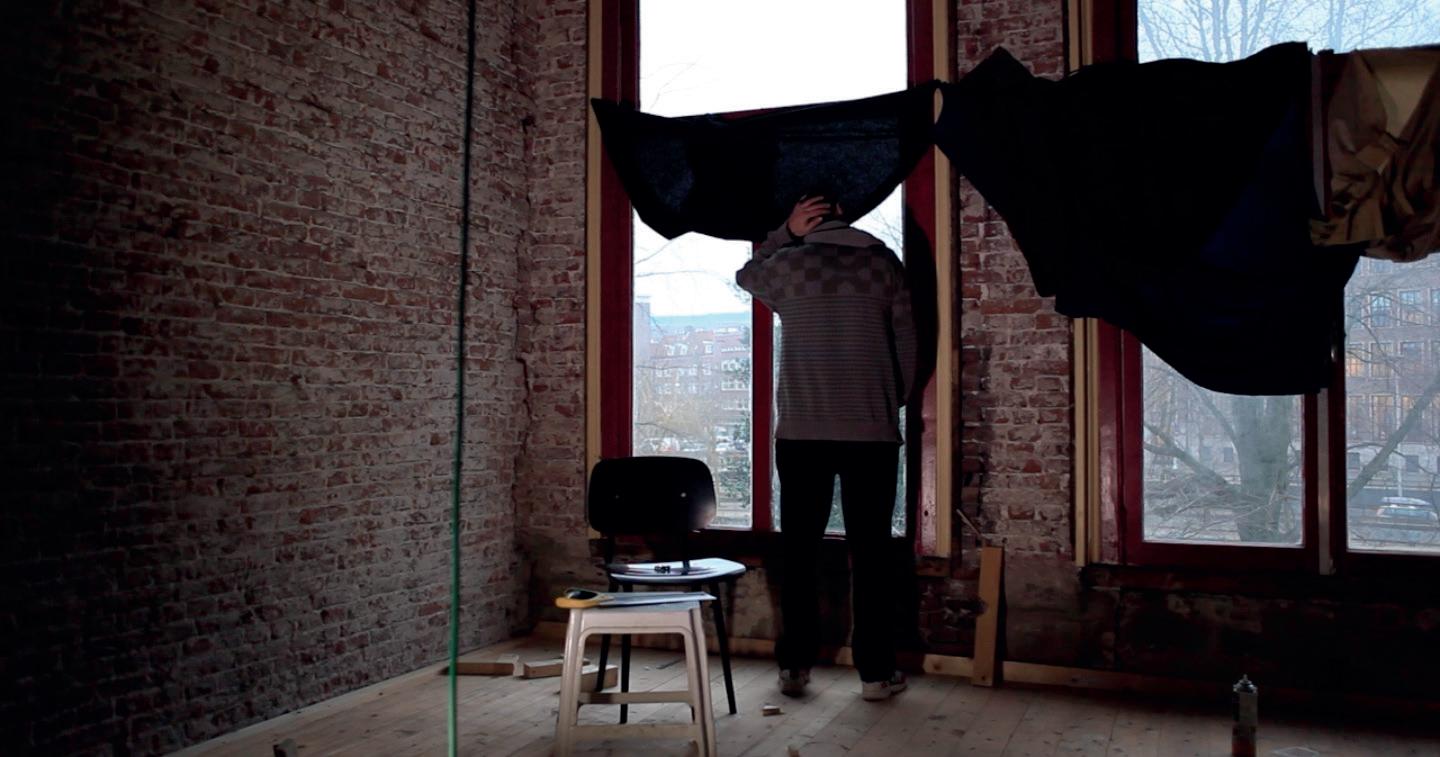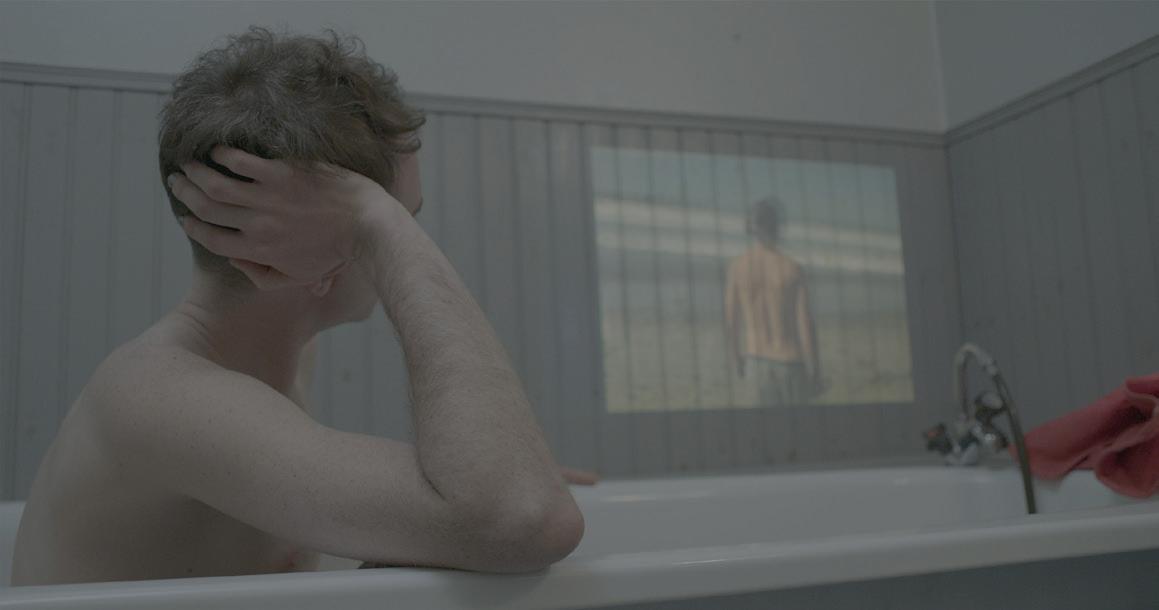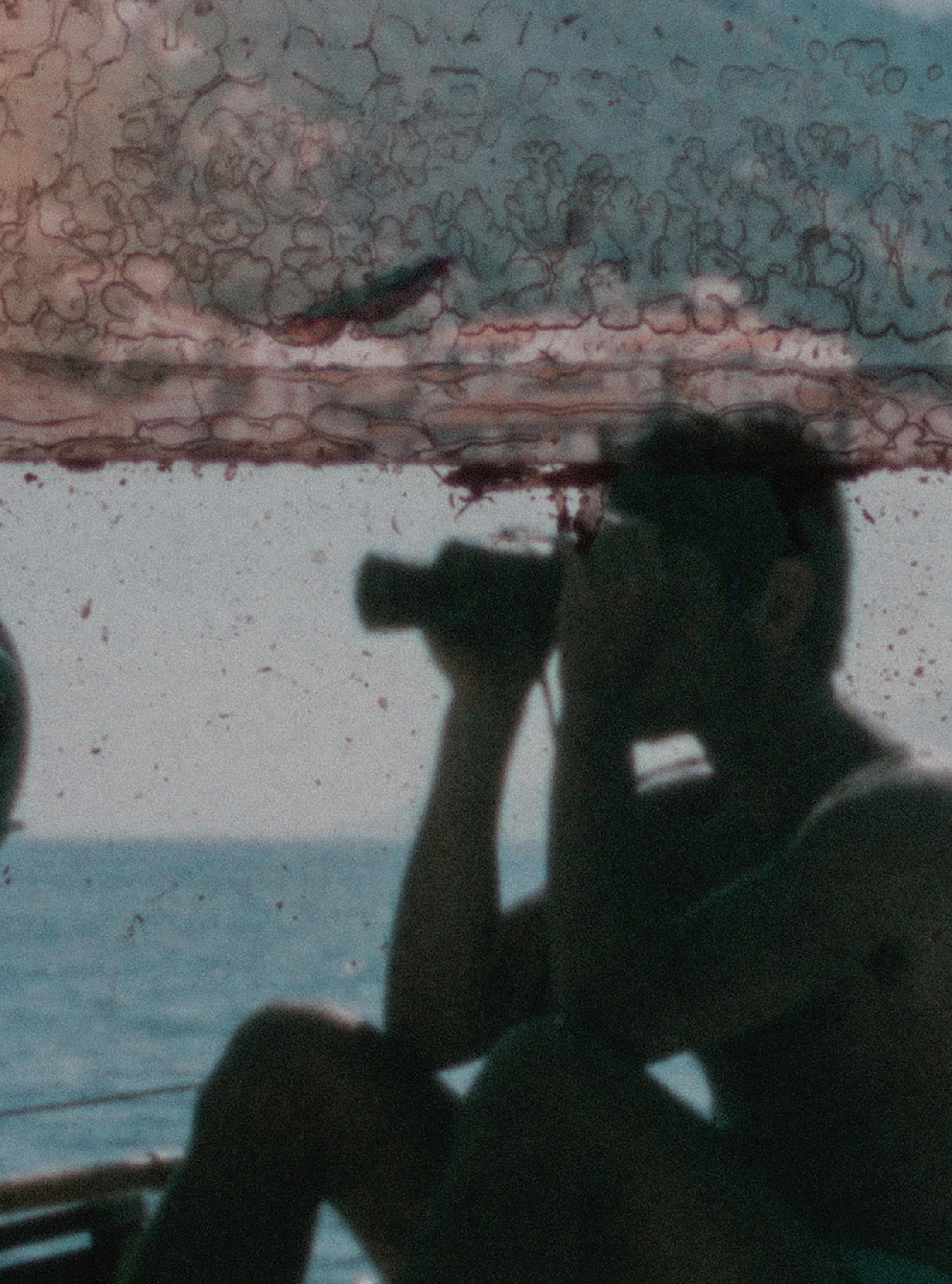
3 minute read
STEPHEN GRAVES
COLLABORATION AND AUTHORSHIP
Stephen Graves was born in 1989 in New York City and grew up in St. Petersburg, Florida. Since infancy he was exposed to painting and swimming — foundations which have nurtured his explorations across various artistic and somatic disciplines. He graduated from Oberlin College in 2011 with a BA in Comparative Literature. The following year he completed his first feature film, A Body Without Organs, which he directed, filmed, and edited. A Body without Organs premiered at the Chicago Underground Film Festival, where it won the festival’s top prize, the Most Visionary Film Award. He currently lives in Amsterdam, working on a collaborative film about squatting and the afterlives and resilience of the city’s autonomous social movements, and developing a dramatic narrative screenplay for an original story about love, crime and insurrection.
stephen.lev.graves@gmail.com
My research revolves around the relationship between authorship and collaboration in and through cinema, where authorship is conceptualised as the artistic expression of subjectivity.
How do I locate my own authorship within collaborative or participatory filmmaking processes?
How do diverse modes and methods of participatory filmmaking affect positions of authorship?
How can I facilitate the conditions for thinking and working together in consensual and mutually enriching ways?
Can participatory filmmaking practices help us to deconstruct existent matrixes of oppression and domination in order to imagine, pre-view, and pre-enact in the present safer, more emancipated spaces for the free expression and experimentation in ex-centric forms of life?
If I’ve come to understand one thing through my research at the Master of Film, it’s that practice elucidates theory. It is through practicing filmmaking that I can reflect on my practice, and through reflecting on my practice I can learn about it.
This understanding allows me to position myself. I position myself when I see what I am doing which is helping me to grow and change. I position myself when I see that what I am doing is harmful to my practice. I practice authorship when I appropriate my understanding to transform and refocus my practice. I practice authorship when I am inside a practice I am directing.
During the last year and a half, I’ve experimented with different methods of filmmaking. Different forms of practice.
These experiments always involved other people. They involved other people in a variety of roles, in a variety of ways.
Some of these experiments have been inspired, enabled, catalysed through my encounter with another person. Without the encounter, the practice would not have taken place. Without the collaboration, there would be no authorship.
I view this cinematic research as allegorical to broader questions of difference, opacity and subjectivity, as they pertain to organizing new social and political structures.
Still from Forms of Available Love

The Subversion of Politics A chronicle in the lives of a crew of Amsterdam squatters, through a winter of evictions, occupations, and interpersonal upheavals.
The Subversion of Politics is currently part of an ongoing production on the afterlives and resilience of Amsterdam’s autonomous social movements.


Stills from The Subversion of Politics
Forms of Available Love How can I create a structure for a temporary, autonomous, collective experience of filmmaking, and how do I situate myself as an author within that process, and how can the result of that process also serve as its own evidence, a selfreferential testimony of its own method?
That question served as a foundation for the research process which, over one year, has evolved and crystalised into a film, Forms of Available Love. Last winter I organized a ten-day experiment in participatory filmmaking. A group of us lived together at a secluded house in the Swedish forest, filming a script I had written. The house itself became a central character — encapsulating the eerie otherworldliness of the film, where the protagonist The film, Forms of Available Love, is a mixed genre hybrid, combining scripted footage shot on set in Sweden with diary films from my personal archive. Forms of Available Love is an experimental, poetic allegory for the fragmentary and multiple nature of the self, where memory is circuitous, persistent, and always lived in the present.
Featuring the work of Elis, Summer, Tuuli, Carina, Ron, Roni, Xenia, Kalan, Hannah, and Aio


Stills from Forms of Available Love









